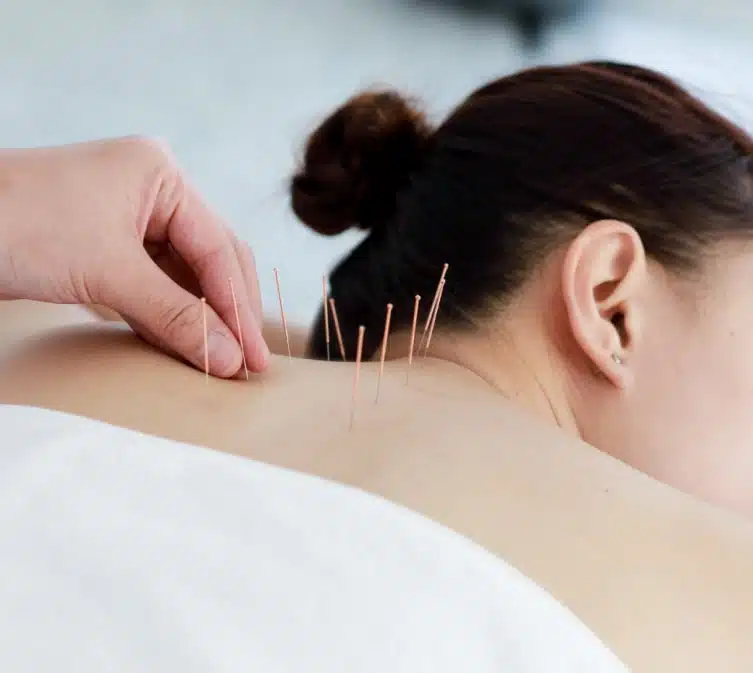Shoulder Pain Treatment In Elmhurst IL
Shoulder pain is a condition that affects millions of people worldwide. Sports injuries, poor posture, and repetitive motion activities often cause it. Unfortunately, shoulder pain is debilitating and can make even the simplest tasks unbearable. At Orthopedic Specialists, we provide specialized care for diagnosing and treating shoulder pain. Our team of experts uses the latest techniques and technology to identify the root cause of your pain and develop a customized treatment plan that meets your unique needs.
Shoulder Injuries,
Disorders, and Diagnosis:
The shoulder is one of the body’s most flexible and complex joints. It contains a network of muscles, ligaments, and tendons that work together to provide mobility and stability. However, the shoulder is also at risk of injury due to its mobility.
- Adhesive capsulitis (frozen shoulder)
- Arthritis
- Biceps Tendon Rupture
- Biceps Tendinitis
- Broken Collarbone
- Burners and Stingers
- Calcific rotator cuff tendinitis
- Clavicle Fracture
- Collarbone Fracture
- Diabetes-Related Issues
- Fractures
- Injuries
- Impingement Syndrome
- Joint Stiffness
- Ligament Injuries
- Labral tears
- Loose Bodies
- Lupus
- Muscle Imbalance
- Nerve Injuries
- Rotator Cuff Tears
- Shoulder Dislocations and Subluxations
- Shoulder Instability
- Shoulder Separation (AC joint)
- Shoulder Socket Fracture
- Shoulder Stiffness
- Superior Labrum Anterior to Posterior (SLAP) Lesion Tear
- Subacromial Impingement Syndrome (tendinitis and bursitis)
Shoulder Treatments We Offer
Non-Surgical Treatment

At Orthopedic Specialists, our goal is to provide our patients with non-surgical treatments first. We understand the importance of conservative therapies and offer a range of options. These treatments are designed to alleviate your symptoms without invasive surgery:
- Acupuncture
- Bracing
- Massage Therapy
- Functional Rehabilitation
- Occupational Therapy
- Injection Treatments and Biologics
- Pain Management Techniques
- Injections
- Physical Therapy
Surgical Treatment

If your condition requires surgical intervention, we offer a range of surgical treatments that include:
- Acromioclavicular (AC) Joint Repair
- Acromioplasty
- Bankart Repair
- Biceps Tendon Rupture Surgery
- Biceps Tenodesis
- Broken Collarbone Surgery
- Resurfacing Surgery
- Reverse Total Shoulder Surgery
- Revision Shoulder Surgery
- Rotator Cuff Surgery
- Shoulder Arthritis Surgery
- Shoulder Arthroscopic Surgery
- Shoulder Bursitis Surgery
- Shoulder Impingement Surgery
- Stemless Shoulder Arthroplasty
- Total Shoulder Joint Replacement
These procedures are performed with the utmost care and precision to ensure maximum effectiveness and minimal downtime.
Why Choose
Orthopedic Specialists
Shoulder pain is a common ailment that should never be ignored. At Orthopedic Specialists, we prioritize your well-being and provide specialized care for diagnosing and treating shoulder pain. Our team of experts uses the latest techniques and technology to identify the root cause of your pain and develop a customized treatment plan that meets your unique needs. If you're experiencing shoulder pain, don't wait to seek specialized care. Contact us today to schedule a consultation with our team of experts and start your journey to a pain-free life.
Book Your AppointmentFAQs
An orthopedic doctor will assess your shoulder pain through a physical examination and diagnostic tests. They will identify the underlying cause and develop a tailored treatment plan, which may include medication, physical therapy, lifestyle modifications, or, in more severe cases, surgical intervention to relieve pain and restore function.
Orthopedic shoulder surgery is a medical procedure performed to address various conditions and injuries affecting the shoulder joint, muscles, tendons, and ligaments. These surgeries range from minimally invasive arthroscopic procedures to more extensive open surgeries, such as rotator cuff repair, shoulder replacement, or fracture fixation. The primary goals of orthopedic shoulder surgery are to alleviate pain, restore function, and improve the patient’s overall quality of life.
Adhesive capsulitis, commonly known as frozen shoulder, primarily affects individuals between the ages of 40 and 60, with a higher prevalence among women. People with diabetes have a higher risk of developing this condition, as do those who have undergone surgery or experienced prolonged immobility of the shoulder joint due to injury or medical issues. Additionally, certain thyroid disorders and cardiovascular diseases may increase the likelihood of adhesive capsulitis.
To determine if you have shoulder arthritis, consult a healthcare professional. Common symptoms include persistent shoulder pain, stiffness, swelling, and a reduced range of motion. A doctor will perform a physical examination and may use imaging tests, such as X-rays or MRIs, to confirm the diagnosis.
Individuals with advanced shoulder arthritis, irreparable rotator cuff tears, severe fractures, or those who have not found relief from conservative treatments can benefit from a shoulder replacement. This procedure can alleviate pain, improve mobility, and enhance patients’ overall quality of life.
A shoulder replacement procedure involves removing the damaged parts of the shoulder joint and replacing them with artificial components. The surgeon replaces the humeral head (ball) with a metal ball and the glenoid cavity (socket) with a plastic component, restoring function and reducing pain.
Recovery after shoulder replacement begins with pain management and wearing a sling to support the affected arm for several weeks. Physical therapy starts soon after surgery, initially focusing on gentle range of motion exercises, followed by progressive strengthening exercises. Patients typically notice improved function and reduced pain over time. Most individuals can resume daily activities within 4 to 6 months post-surgery. Still, a complete recovery may take up to a year or longer, depending on age, overall health, and commitment to rehabilitation.
Choose us for your shoulder replacement procedure because of our experienced orthopedic surgeons, state-of-the-art facilities, and personalized care. Our team utilizes the latest surgical techniques and technology to ensure optimal outcomes. We prioritize patient safety, comfort, and satisfaction, guiding you through each step of the process, from preoperative education to postoperative rehabilitation.